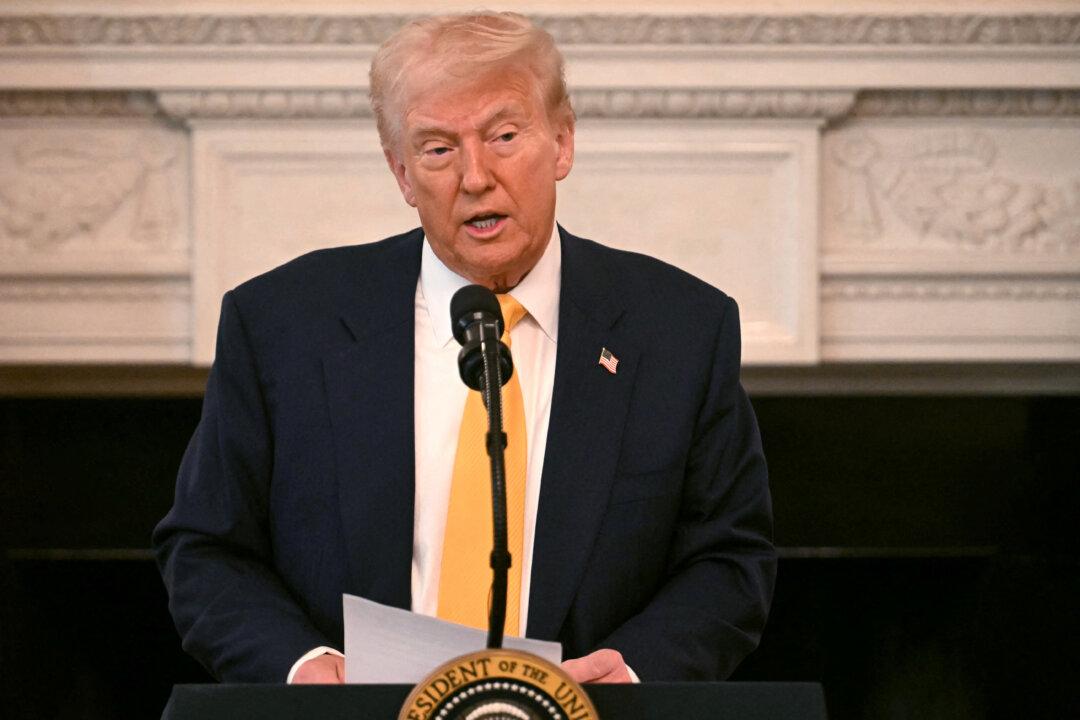A federal district judge on Feb. 21 issued an order partly blocking President Donald Trump’s executive orders withdrawing support for so-called diversity, equity, and inclusion (DEI) programs.
U.S. District Judge Adam Abelson in Maryland granted a preliminary injunction against the executive actions in a lawsuit known as National Association of Diversity Officers in Higher Education v. Trump.





